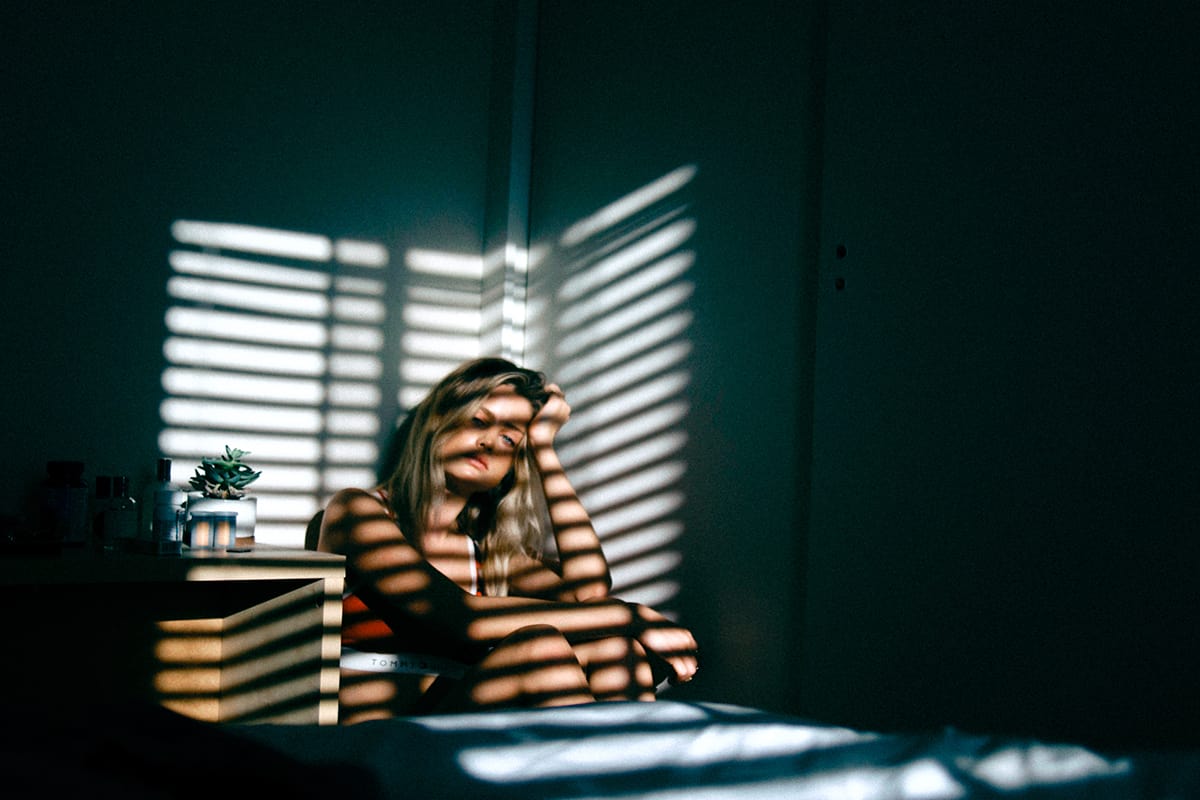
The Art of Giving Up
Exercise was a good thing for me when I first found high impact aerobics in the late 80s. Pounding my body in rhythm to loud and inspirational music fed me and helped dissipate the anxiety I carried with me most of my waking hours. For several years, those classes and the people at the gym I went to were a very good thing for me. I was able to tune into my body and feel alive and powerful. I was part of a community and I looked forward to every class I did. I loved it so much that I became an instructor myself.
Then something flipped when I started first year university. What was once a healthy coping mechanism became a method of escaping myself, of tuning out instead of tuning in. I worked out so much and so hard that I was simply trying not to feel my emotions. I was doing two aerobics classes a day plus working out in the weight room after the second class and hyper controlling my caloric intake. Coupled with a constant low level of hunger and a preoccupation with counting calories, there was very little space for me to feel anything at all.
As I got thinner, despite already being a very small boned person, no one in my house signaled the alarm bells. When I think back to that time, I wonder how I could have remained so invisible despite my silent cry for attention and intervention.
The only other activity that helped me forget about that indescribable pit of pain I carried in my gut was drinking on the weekends and obsessing about men who really didn’t have that much respect for me. Despite opportunities to be with men who did respect me, I was always attracted to the ones who were either indifferent or wanted something from me despite the potential damage it might cause to my being.
Those two methods of escape weren’t all that different from one another. Both involved punishing my mind and body with a sense of deprivation in order to stop feeling whatever it was that I didn’t have the capacity to face at the time.
Now at the age of 42 and a mother myself, I wish I could go back and be there for that young woman.
The first thing I would do is make her a cup of tea, put a blanket around her and tell her to rest, that she is safe to fall apart. I’ll catch her and put the pieces back together with her. But that she needs to stop running so hard and that I’ll take care of her for while. Then I would sit beside her and wrap my arms around her and let her soften and feel the safety around her. I would tell her that no one is allowed to get close to her unless they go through me first and I’ll protect her. She’s going to spend some time in a quiet space to heal and recover. Then I’d make her a beautiful meal of her choosing while she rested under the blanket. We would eat together in quiet, not needing to talk about anything at all unless she wanted to.
I don’t over exercise or under eat now (but I do lose my appetite under extreme stress) and I’m slowly eliminating the ways I run away from my pain. I haven’t counted a calories in years. I’m a mom myself and have a daughter entering her teenage years shortly. I would be lying if I said I didn’t wish things had been different growing up and that I don’t feel the pain of what I wished I’d had. The pain can still surface at times I feel the most vulnerable. Re-mothering ourselves is a constant practice in daily self care. I wish I had a parent back then who saw me hurting myself and expressed concern and worry. I can’t wrap up my past in a neat little package with phrases like “my parents did the best they could with what they had” because healing is a life long process that isn’t tidy and linear. Instead, what I’m learning to do is completely give up on getting what I wished I’d had and learn to manifest what I need in my present day life. That’s just the honest truth for all of us. Once we master the art of giving up on getting the love and care we wished we had from our parents, then we can learn to become our own rescuers and caregivers. Only after giving up can we eventually let the resentment go.











1 comment to "The Art of Giving Up"